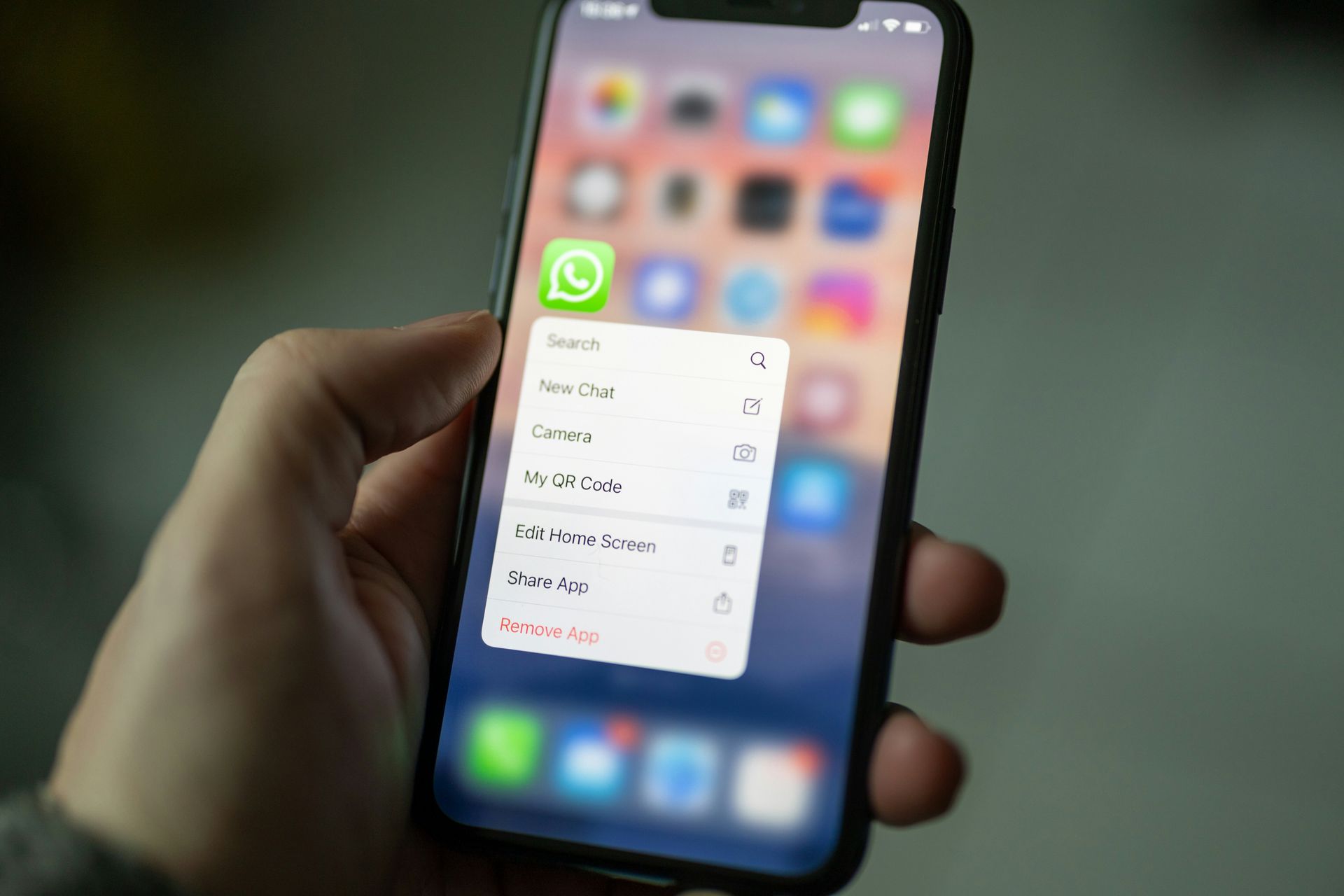WhatsApp is gradually introducing a new privacy feature that offers users more control over what happens when they share links in chats.
Currently, WhatsApp automatically generates a preview of any link included within a message.
This preview often shows the website title, a brief description, and sometimes an image.
What’s changing in WhatsApp?
The new link privacy feature lets users turn off link previews within their chats. When the feature is enabled, links sent in a conversation will simply appear as the raw web address itself.
This change might sound small, but it offers several advantages to users who care about how their shared information is used and perceived.
Why might you want to hide link previews?
- Less clutter, more focus: In busy group chats or long private conversations, the constant stream of link previews can add visual clutter, making it harder to follow the thread of conversation. By disabling them, chats become cleaner and easier to read at a glance.
- Maintain a sense of mystery: There are times you might want to share a link without giving too much away. Perhaps it’s a surprise announcement that you want the other person to discover for themselves, or a funny meme that loses its impact if the punchline is previewed.
- Preventing data leaks: While WhatsApp’s standard messaging is protected by end-to-end encryption, link previews are generated after the message leaves your device. Disabling them provides an extra layer of control over what information associated with a link is made publicly available.
WABetaInfo has showcased the new feature with the following post on X:
📝 WhatsApp beta for iOS 24.7.10.76: what's new?
WhatsApp is rolling out a privacy feature to disable link previews, and it’s available to some beta testers!https://t.co/rEa1gNA7RZ pic.twitter.com/G1KEOg81Mu
— WABetaInfo (@WABetaInfo) April 5, 2024
How does the new feature work?
The new link preview toggle is slowly making its way to WhatsApp users. It appears as an option within the app’s settings menu. It will likely initially be available for those on the beta version of WhatsApp, which means it’s undergoing testing before becoming widely released.
If you have received the new feature within your app, you’ll be able to find the toggle and disable link previews entirely.
How to become a WhatsApp tester?
-
Android (Google Play Store):
- Go to the WhatsApp Messenger page on the Google Play Store.
- Scroll down until you see the section “Become a beta tester”.
- Tap “I’m in”.
- Tap “Join” to confirm.
- Wait for an update to WhatsApp through the Play Store and install it to receive the beta version.
-
iOS (Apple TestFlight):
- Visit the WhatsApp TestFlight page.
- Follow the instructions to install TestFlight if you haven’t already.
- Tap “Accept” if you’re invited to be a tester. If you’re not, there are currently no open slots.
- Tap “Install” or “Update” to access the beta version of WhatsApp.
Availability and the future of the feature
Right now, the availability of the link preview feature is limited. It hasn’t been announced when everyone will have access to the toggle.
However, WhatsApp has a history of rolling out features like this in phases, first testing with a smaller group of users before a full launch.
It’s also possible that WhatsApp will refine the feature based on early user feedback. For example, they might consider adding a granular level of control, where users can choose to disable link previews only for specific chats as opposed to a general, app-wide setting.

Wider privacy efforts from WhatsApp
The link preview feature is just one change reflecting WhatsApp’s ongoing mission to give users deeper control over their privacy settings. Other recent additions include the ability to hide your ‘online’ status and more control over who can add you to group chats.
These options are designed to give you the freedom to use the app in ways that feel most comfortable.
Small shift, meaningful gains
The ability to disable link previews might feel like a minor adjustment, but it represents a welcome trend for privacy-conscious users on WhatsApp. It offers more flexibility, discretion, and peace of mind about how your shared content is presented, and that’s something to look forward to as the feature roll-out continues.
Featured image credit: Deeksha Pahariya/Unsplash





